The idea of the past coming back to haunt a small town is an intriguing one; it’s an idea that Carpenter brings to life, what with the fog engulfing Antonio Bay with no end in sight and the town’s one hundredth anniversary, both of which are emphasized in such a way that conveys that although there is a cause for celebration, the past is not to be forgotten, considering the scene in which Father Malone reads from his grandfather’s journal. It’s a scene that, in addition to telling a story, illustrates that warnings should be heeded; that although using stolen gold to found a town is tempting, doing so doesn’t go unnoticed. In fact, the town’s history is so tainted that no matter how spruced up the celebration is, it is, as Father Malone states, a travesty. This says a lot with very little, and on that note, the fact that fog banks are a regular occurrence as well as the fact that the mariners have returned for revenge are all the more unnerving.
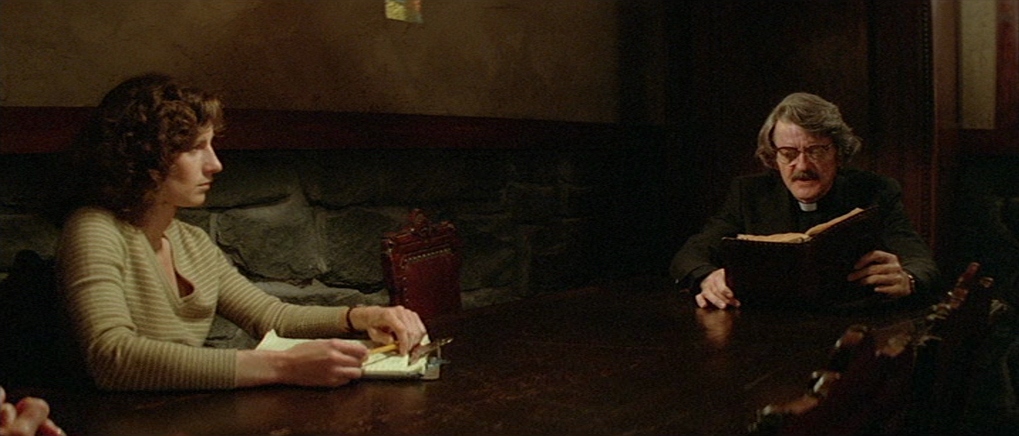
There are moments in which strange supernatural occurrences take place, such as glass shattering and a corpse rising from an autopsy table. These are inexplicable and yet they speak to the fog’s mysterious nature, as well as the extent to which Antonio Bay is being overwhelmed; that its inhabitants are in the midst of a state of affairs over which they have very little control; and so the cataclysmic degree to which the fog overtakes the town is not only telling but also an aspect that Carpenter emphasizes, what with the mariners relying on the fog as a means of surprising their victims, and the fact that the fog finds those who attempt to flee from it. He takes something ordinary and imbues it with an otherworldly quality, and that’s what makes it so effective.
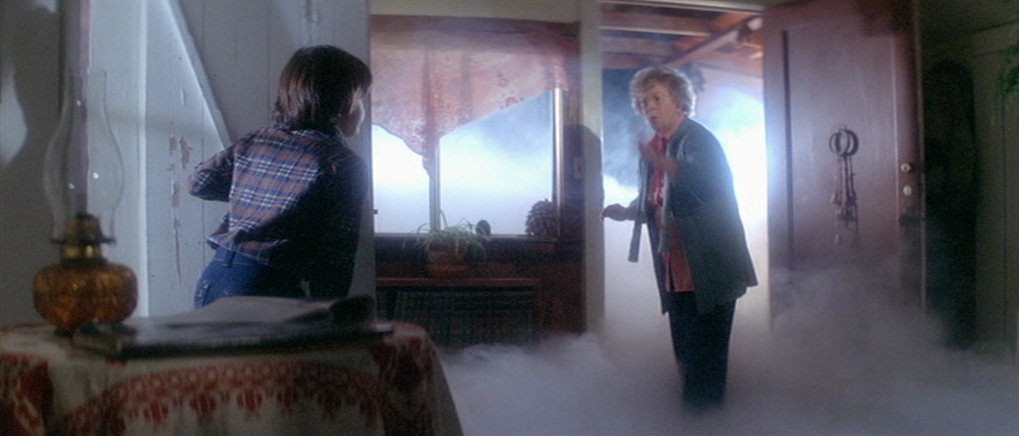
The time spent with the characters is engaging in that, as the past comes to light, they make discoveries along the way, ranging from a piece of driftwood inscribed with the word “DANE” to a trawler that contains the corpse of a fisherman, details that Carpenter is attentive to. In fact, his inclusion of them is such that it strengthens the atmosphere even more, resulting in a series of events in which daylight plays a role, in which something as everyday as a piece of driftwood has significance, which is punctuated by the supernatural occurrences as well as Carpenter’s score. It is ominous yet moody; so much so that it contributes to tension, a quality that is as palpable as it is successfully built. Carpenter isn’t reliant on jump scares, but rather he makes the most of a simple formula, and as a result, the reveals are all the more surprising.
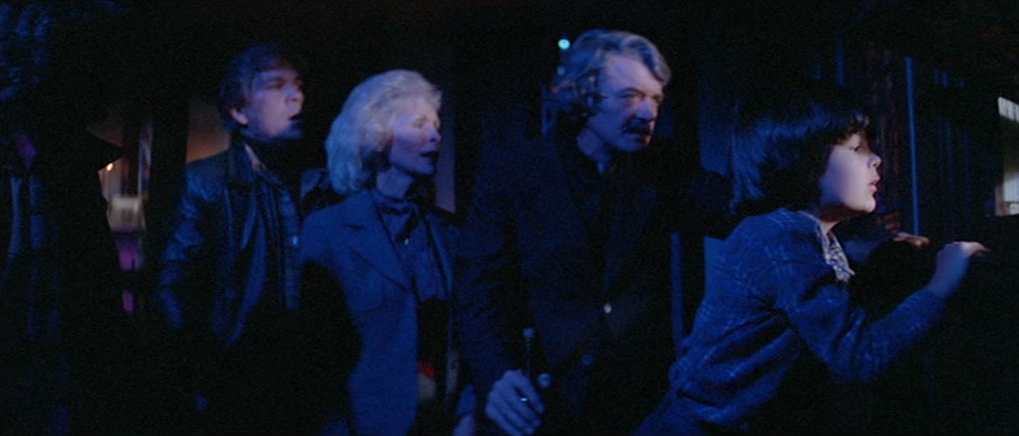
The Fog is a film that I enjoy revisiting every few years, and I always find myself enthralled with it. It’s just that good, and the simple premise, the stellar cast, and the mysterious quality of the fog are why it works for me. I’m sure you’ll feel the same way, as long as the fog doesn’t close in on you.

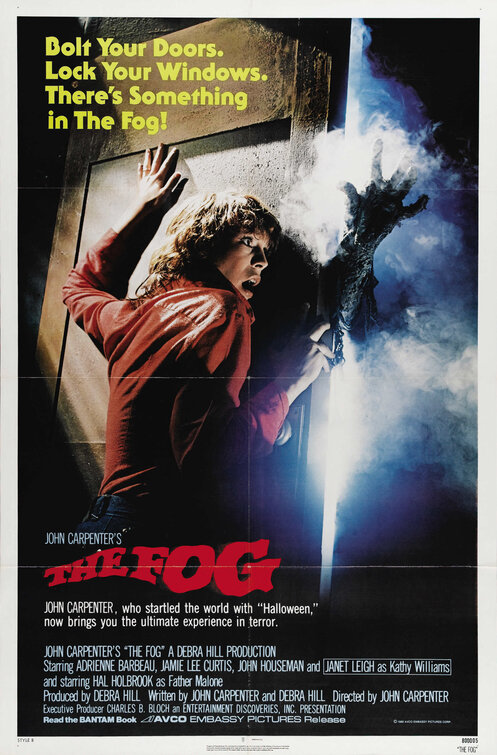
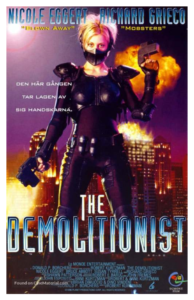
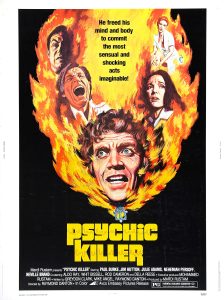
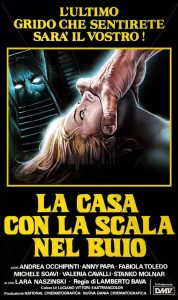
No comments! Be the first commenter?